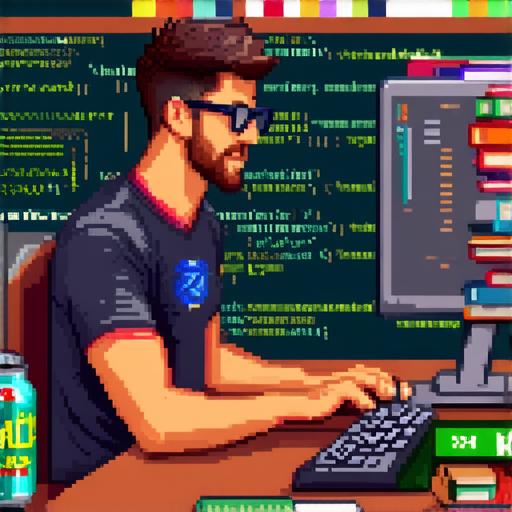Introduction
Game development is an exciting and dynamic field that offers countless opportunities for creativity, innovation, and fun. Whether you’re a seasoned programmer or a complete beginner, game development can be a rewarding and fulfilling hobby or career path.

What is Game Development?
Game development is the process of designing, creating, and testing video games. It involves a wide range of skills and disciplines, including programming, art, design, animation, and sound. The goal of game development is to create interactive experiences that entertain, educate, or inspire players.
Tools for Game Development
The tools you need for game development depend on your role and the type of game you’re developing. However, there are some essential tools that every game developer should be familiar with:
- Integrated Development Environments (IDEs): IDEs are software programs that provide a comprehensive set of tools for game developers to write, edit, debug, and compile code. Some popular IDEs include Unity, Unreal Engine, and Visual Studio.
- Text Editors: Text editors are essential for writing code. Some popular text editors include Sublime Text, Atom, and Visual Studio Code.
- Graphics Software: Graphics software is used to create art assets such as characters, backgrounds, and effects. Some popular graphics software includes Photoshop, Illustrator, Blender, and Maya.
- Audio Software: Audio software is used to create sound effects, music, and voiceovers for games. Some popular audio software includes Audacity, GarageBand, and Adobe Audition.
- Version Control Systems: Version control systems are used to track changes made to code and collaborate with other developers. Some popular version control systems include Git and SVN.
Best Practices for Game Development
Game development is a complex and challenging process that requires attention to detail, organization, and collaboration. Here are some best practices that every game developer should follow:
- Plan ahead: Before you start coding, it’s important to have a clear plan of what you want to achieve. This includes defining the scope of your project, identifying your target audience, and setting realistic goals and deadlines.
- Use modular code: Modular code is essential for maintaining the quality and scalability of your game. It involves breaking down your code into smaller, more manageable modules that can be reused and modified as needed.
- Write clean and efficient code: Writing clean and efficient code is crucial for ensuring that your game runs smoothly and without errors. This includes using descriptive variable names, commenting your code, and avoiding unnecessary code bloat.
- Optimize your game for performance: Game performance is critical for ensuring a seamless gaming experience. This includes optimizing your code for speed and memory usage, reducing the number of draw calls, and minimizing frame rate drops.
- Test extensively: Testing is essential for identifying bugs and improving the overall quality of your game. This includes unit testing, integration testing, and user testing.
- Collaborate with others: Game development is a collaborative process that requires teamwork and communication. This includes working closely with artists, designers, and other developers to ensure that everyone is on the same page.
Case Studies in Game Development
One of the best ways to learn about game development is by studying successful case studies. Here are three examples of games that have used innovative techniques and tools to create engaging and immersive experiences:
- Minecraft: Minecraft is a popular sandbox game that allows players to build and explore virtual worlds. It was created using the Unity game engine and written in C. One of the key features of Minecraft is its modular codebase, which allows for endless customization and expansion.
- Portal: Portal is a puzzle game that was developed by Valve Corporation.




